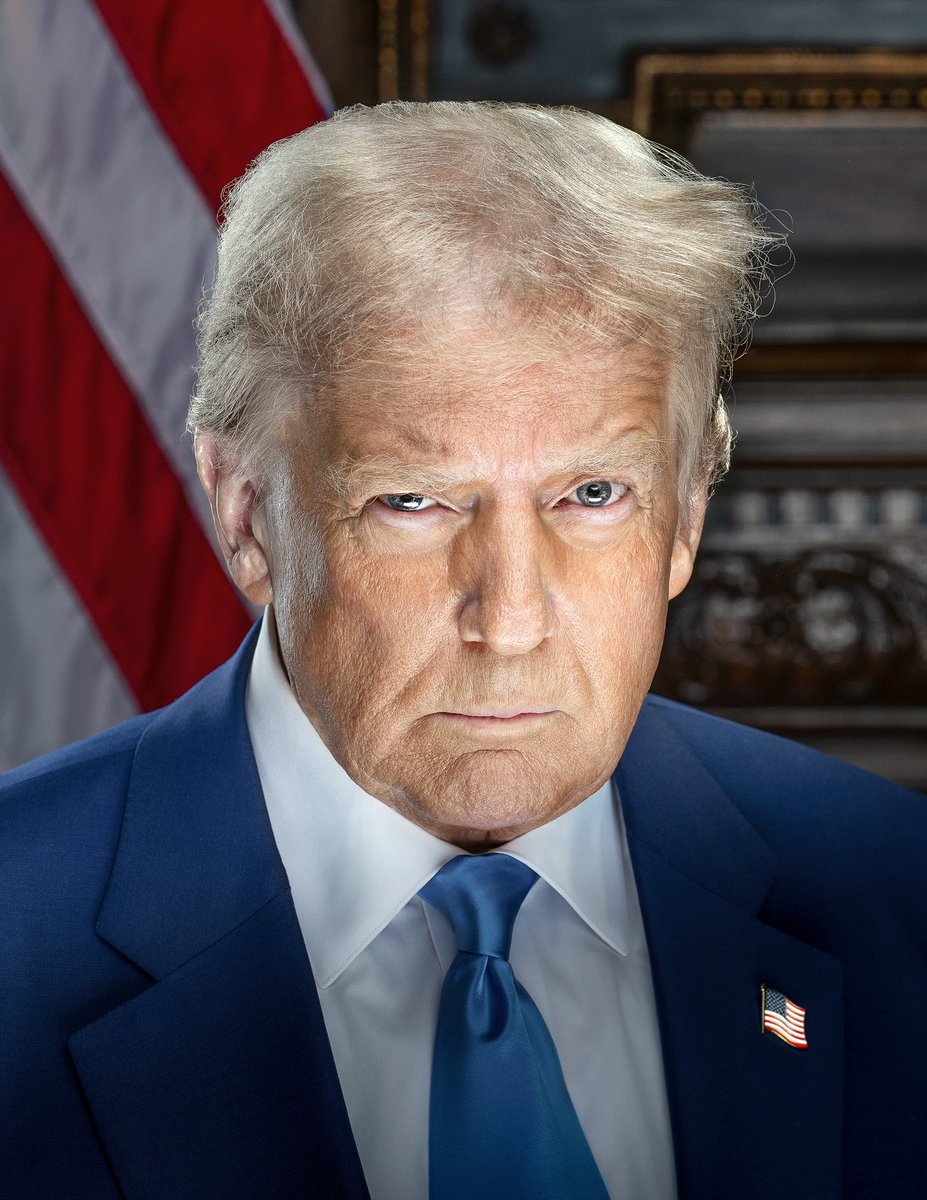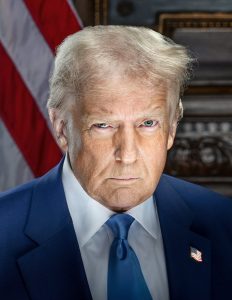Trump’s Hollywood Tariffs Could Spark Global Backlash and Rewrite Entertainment Trade
Former U.S. President Donald Trump’s recent pledge to impose 100% tariffs on all non-American movies entering the United States has ignited fierce debate across the global entertainment industry. Beyond Hollywood, the shockwaves of such a policy — if implemented — would ripple across continents, affecting international film industries, trade relations, and the very foundation of cultural exchange. “We’re not going to let foreign movies flood our theaters anymore,” Trump told supporters in Orlando, Florida, last week. “From now on, if it’s not made in the USA, it’s going to be taxed — 100%.”
While the statement is being interpreted by some as campaign rhetoric, others warn it could become a defining policy stance if Trump returns to the White House. Experts now fear the consequences could be severe — not just economically, but diplomatically and culturally.
Europe: Retaliation and Cultural Tensions
One of the first regions likely to respond is Europe, home to some of the world’s most influential film industries. France, Italy, Germany, and the United Kingdom all have deep-rooted cinematic traditions and close cultural ties with American studios.
France, which has long championed “cultural exception” policies to protect local content from Hollywood domination, swiftly condemned Trump’s comments. The French Ministry of Culture released a statement calling the plan “an act of cultural aggression,” warning it could lead to retaliatory tariffs on U.S. movies entering the European market.
“If the U.S. targets our filmmakers, we will respond in kind,” said French Culture Minister Aurélie Laurent. “Cultural diversity is not negotiable.”
Such measures could not only hurt Hollywood’s bottom line — European markets are among the most lucrative for U.S. films — but also damage transatlantic trade relations already strained by previous disputes over digital services and environmental standards.
Asia: Undermining Soft Power and Market Access
Asia has emerged as a central hub for both producing and consuming film content, with booming industries in India, South Korea, Japan, and China. These markets have become increasingly influential, and many of their films have found enthusiastic audiences in the U.S. through streaming platforms.
South Korea, whose global “K-wave” exports have helped define modern pop culture, warned that a U.S. tariff could undermine cultural diplomacy and economic cooperation.
“K-culture is about sharing, not competing,” said Seoul’s Minister of Culture Lee Min-soo. “We hope the U.S. chooses engagement over exclusion.”
India, home to the prolific Bollywood industry, also reacted sharply. Analysts say that a 100% tariff would discourage cross-border collaborations and threaten joint ventures between U.S. and Indian studios.
“We’re talking about tens of millions in lost revenue, but also about undermining the spirit of creative partnership,” said Raj Malhotra, a Mumbai-based film producer.
China — a historically tense trade partner — has not yet officially responded, but given the country’s history with content control and media nationalism, observers believe Beijing may seize the opportunity to further promote domestic films while cutting off more access to Hollywood.
Africa and Latin America: Setback for Emerging Talent
In regions like Africa and Latin America, where filmmakers have been gaining international recognition and distributing their work via U.S.-based platforms, the tariff proposal could be devastating.
Nollywood, Nigeria’s booming film industry, is one of the most prolific in the world. With growing global reach — especially via Netflix — Nigerian directors and producers fear they may be priced out of U.S. markets overnight. “A 100% tariff on our films could set us back a decade,” said Ugo Okoye, a Lagos-based director. “We’re finally reaching global audiences. Don’t close the door now.”
The same concerns are echoed in Mexico, Brazil, and Argentina, where filmmakers have relied on film festivals and streaming deals to gain global visibility.
Beyond economics, many critics see the tariff as an attack on creative equity and representation, stifling voices from underrepresented cultures.
Streaming Platforms in Crossfire
Trump’s proposal would put enormous pressure on streaming services like Netflix, Amazon Prime, Hulu, Disney+, and Apple TV+, all of which have invested heavily in foreign-language and international content to attract a global audience.
According to a 2024 Parrot Analytics report, over 30% of the most-watched content in the U.S. was international in origin. Popular hits like Squid Game, Money Heist, RRR, and Dark have shown that viewers are hungry for diverse storytelling.
If the tariffs go into effect, platforms would face a choice: absorb the cost, drastically raise subscription prices, or cut international titles from their libraries. All three options come with risks — from consumer backlash to reduced global market competitiveness. “The real losers here are the viewers,” said Maya Brooks, senior media strategist at Future Screen. “Trump’s policy could force Americans back into a cultural silo.”
Trade Wars Through the Lens of Culture
Trump’s tariffs are not just an economic weapon — they’re a statement of ideological positioning, say analysts. By targeting global cinema, the former president is appealing to a base that views cultural globalization with suspicion and seeks to reassert American dominance.
However, turning movies into a battlefield may have unexpected consequences.
“Films are not just products; they’re carriers of identity, empathy, and diplomacy,” said cultural historian Dr. Laura Singh of Columbia University. “Trump’s policy reduces that richness to a commodity war.”
If international partners impose counter-tariffs or deny access to U.S. films, Hollywood itself could suffer. U.S. blockbusters like Fast & Furious, Marvel films, and Barbie rely on international markets for over 60% of their box office revenue.
Creative Alliances Could Shift
Ironically, the tariff may encourage new alliances between non-American studios. Filmmakers in Europe, Asia, and Africa could turn to one another — and to China — to form distribution pipelines that bypass the U.S. entirely.
“If America shuts its doors, others will open theirs wider,” said film economist Jorge Salinas. “This could accelerate the decentralization of global cinema.”
Emerging streaming services based in India, South Korea, or even the Middle East could gain ground as they fill the content gap left by a potentially insular U.S. market.
Conclusion: Culture Is Not Just Commerce
While it’s unclear if Trump would follow through with the 100% tariff should he return to power, the very idea signals a troubling shift in how culture is treated in global politics — as something to be controlled and taxed, rather than exchanged and celebrated.
The global entertainment industry, already navigating technological shifts and political polarization, now faces a new and unexpected threat: being reduced to collateral damage in a cultural trade war.
Whether or not the policy becomes reality, the message is clear: under Trump’s vision, even art is no longer exempt from tariffs.


